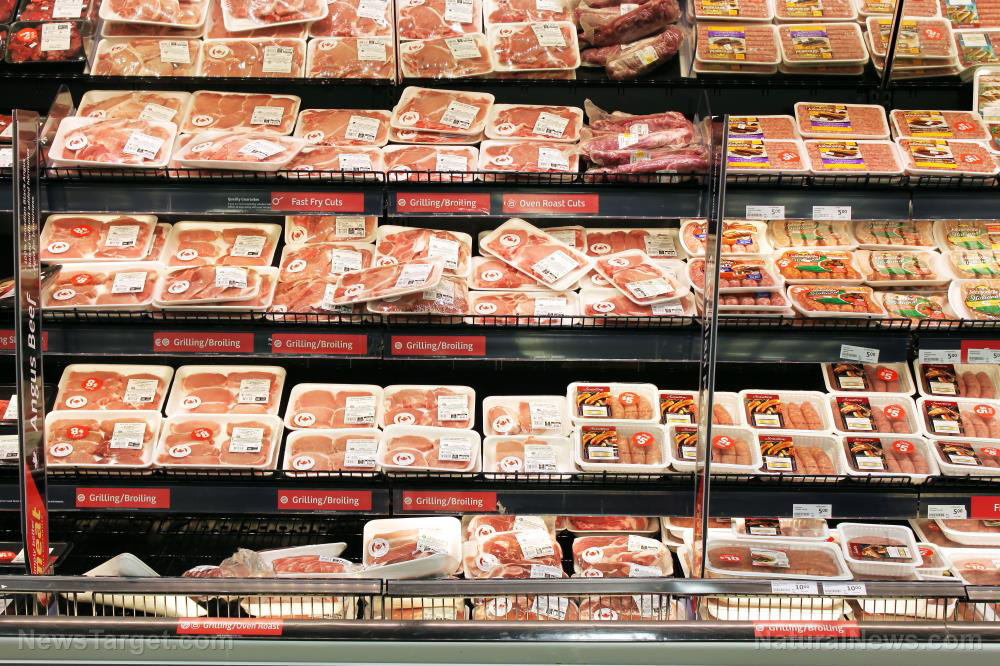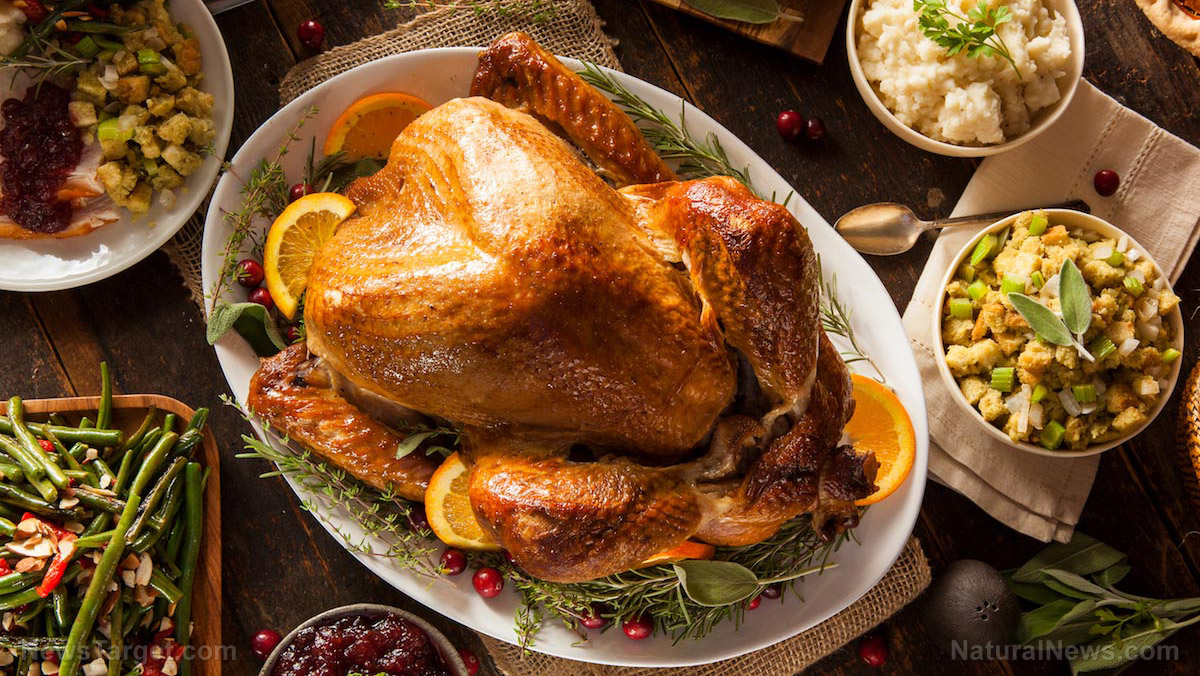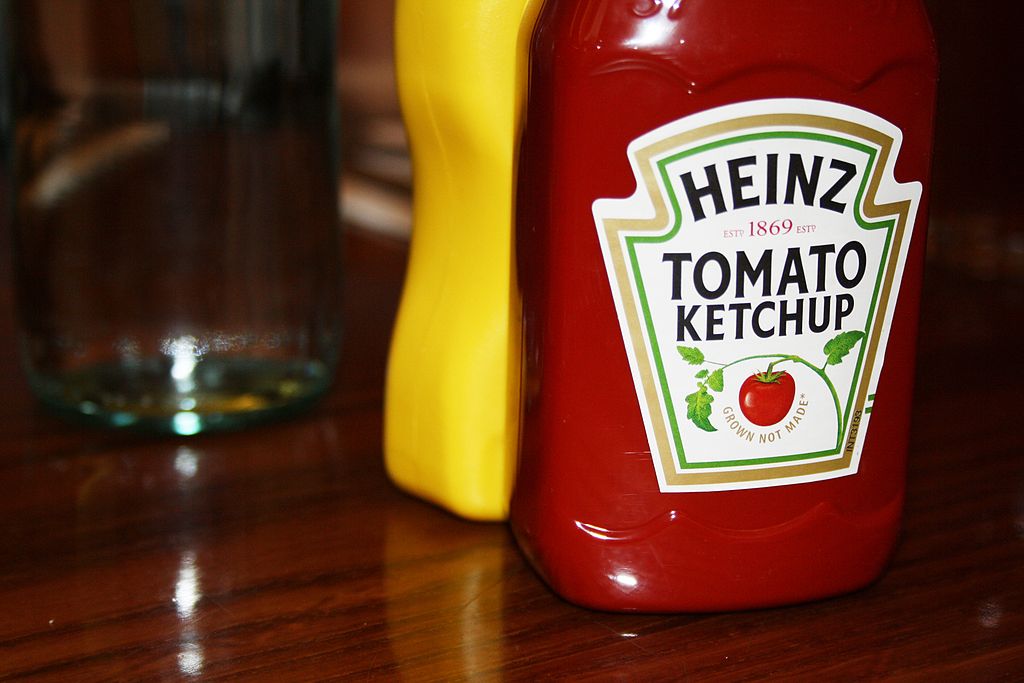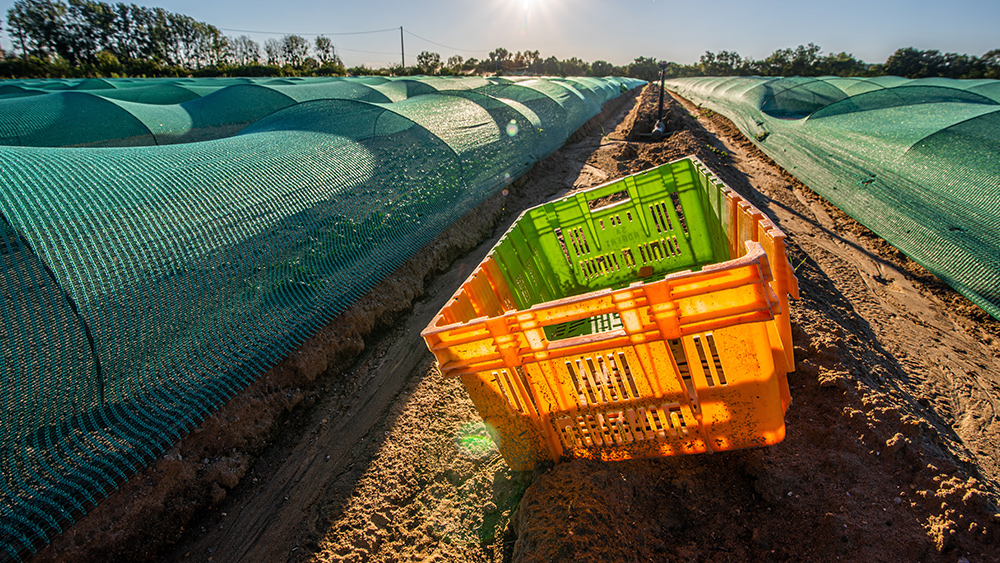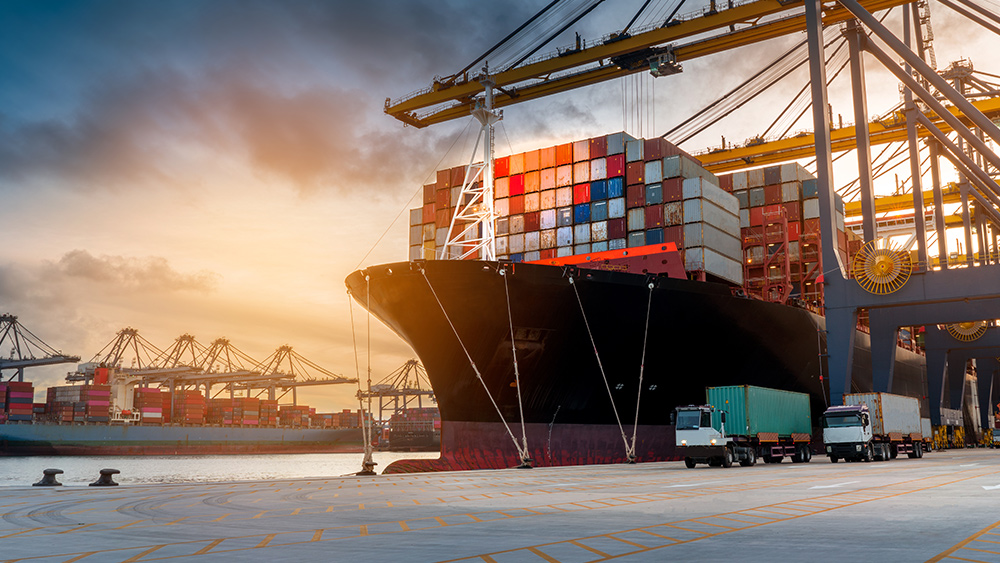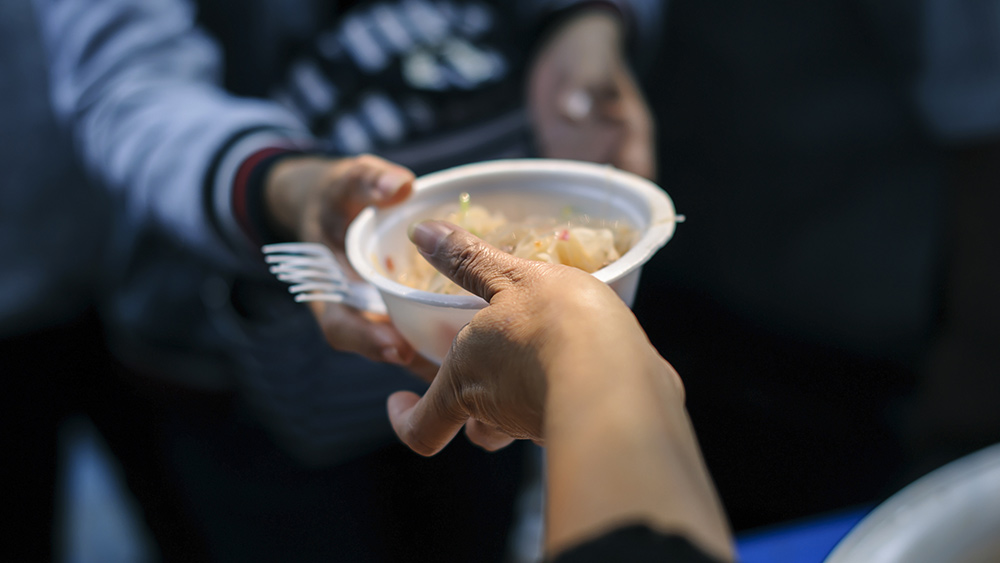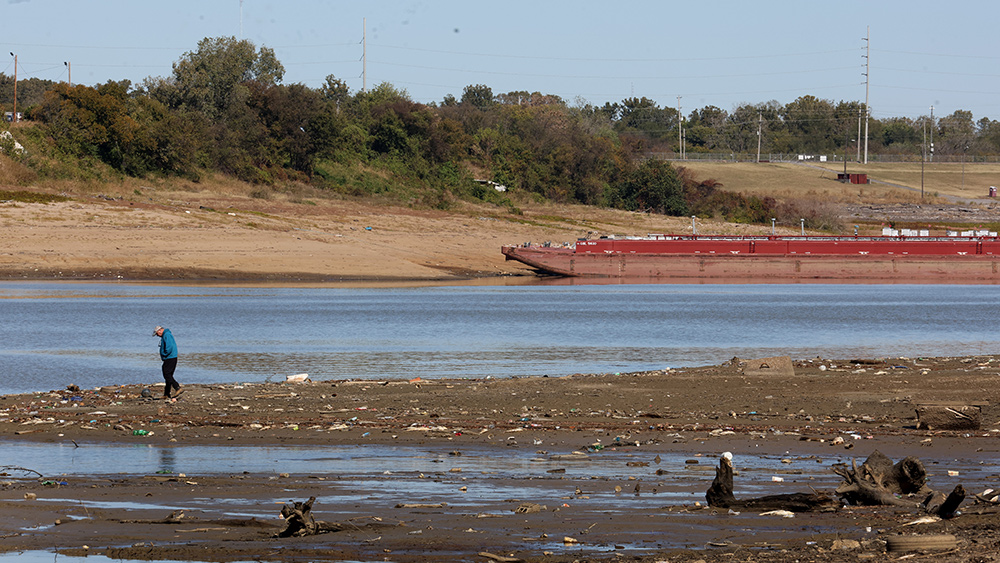Two UK supermarkets now limiting customers’ egg purchases due to food industry supply chain issues
11/18/2022 / By Ramon Tomey
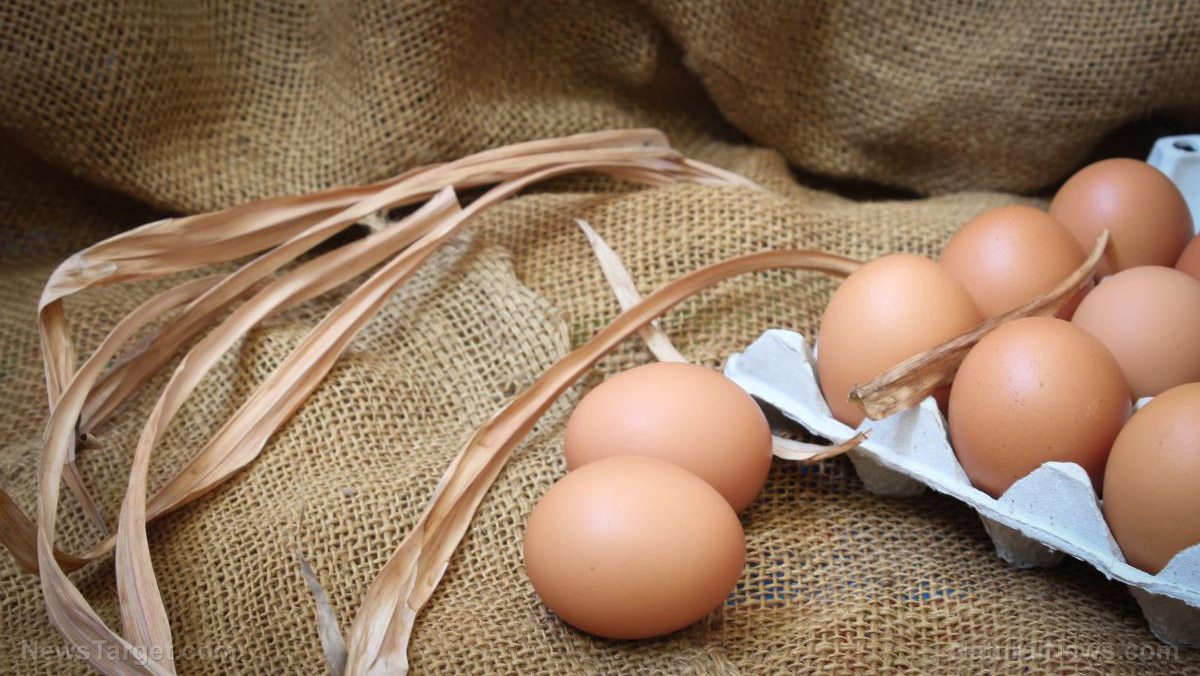
Two supermarkets in the United Kingdom have imposed limits on the number of eggs customers can purchase.
Supermarket chain Asda said shoppers can only buy a maximum of two boxes of eggs. “To make sure as many customers as possible can buy eggs, we have introduced a temporary limit of two boxes per customer,” an Asda spokesman confirmed. “We are working hard with our suppliers to resolve the industry challenges which are currently affecting all supermarkets.”
Lidl, meanwhile, imposed a limit of three boxes of eggs for shoppers. A notice at one Lidl location was posted online, which quickly went viral. “Let’s keep enough for everyone,” said the notice, reminding customers of the three-box limit “to ensure that everyone has the essentials they need.”
Other British supermarket chains, however, have refused to impose any purchase limits.
Tesco, Morrisons, Marks & Spencer and Co-op reassured customers that egg purchases at their stores will not be limited. Waitrose said it has not introduced any limits as of press time, but remarked that it is “continuing to monitor customer demand.”
Meanwhile, Sainsbury’s went against the grain and instead imported barn eggs from Italy to solve what it dubbed as “some supply challenges.” The second-largest supermarket chain in the U.K. has prided itself on using only free-range eggs.
The two supermarkets were not the only ones affected by the egg shortage. British pub and hotel chain Wetherspoon also confirmed snags with its supply of eggs.
“We can confirm that there are temporary issues with egg supplies at some Wetherspoon pubs due to the current impact of avian flu on egg production,” a spokesman for the chain said. “We are experiencing issues in receiving all the supplies we require to satisfy demand in every pub.”
Higher costs, avian flu affecting British egg supply
According to the British Free Range Egg Producers Association (BFREPA), higher costs and grain supply issues since the Russia-Ukraine war’s onset in February seriously impacted the industry. An outbreak of avian flu also dealt a serious blow to the industry, forcing all poultry farmers in England to keep their flocks inside since Nov. 7 to limit contact with wild birds carrying the disease. Culling operations to stem the spread of the disease have caused a reduction of 750,000 egg-laying chickens in the United Kingdom. (Related: Farming disruptions in Ukraine are endangering the food system and global supply chain.)
A spokesman for Noble Foods, the U.K.’s largest egg supplier, said: “Egg producers and packers are losing money due to the unprecedented level of inflation in the sector, driven by global events. Additionally, the sector is experiencing a record number of avian flu cases, which have made producers extremely nervous about restocking their flocks.”
“Farmers are basically losing money because the price that’s being paid in the supermarket isn’t being passed back down the supply chain to farmers,” explained the BFREPA. “So a huge number of them are losing a significant amount of money and can’t afford to produce eggs anymore.”
BFREPA CEO Robert Gooch seconded his group’s remarks on the matter.
“We have been warning for months that failing to pay farmers a price which allows them to make a profit would result in mass destocking or, worse still, an exodus from the industry,” he commented. Referencing the decision by Sainsbury’s to import eggs from Italy, Gooch remarked that “seeing Italian eggs on the shelves is a wake-up call to all retailers that they can’t expect farmers to work for nothing.”
Minette Batters, president of the National Farmers’ Union of England and Wales, ultimately warned that the egg shortage “is the most serious situation for food production” since World War II.
Grocery.news has more stories about supermarkets imposing purchase limits for food items.
Watch this video about a Pennsylvania farmer’s conundrum – sell off 30,000 eggs daily or euthanize 40,000 hens.
This video is from the ZGoldenReport channel on Brighteon.com.
More related stories:
Huge increase in food demand due to coronavirus sends wholesale egg prices skyrocketing 180%.
Egg prices soar 47% year-over-year in July amid inflation and bird flu outbreaks.
Government says “bird flu” responsible for rising egg prices.
Sources include:
Submit a correction >>
Tagged Under:
Asda, bird flu, eggs, famine, food collapse, food inflation, food police, food rationing, food supply, grocery, hunger, infections, lidl, outbreak, poultry farming, products, rationing, scarcity, starvation, supermarkets, supply chain, United Kingdom
This article may contain statements that reflect the opinion of the author
RECENT NEWS & ARTICLES
FoodRationing.news is a fact-based public education website published by FoodRationing News Features, LLC.
All content copyright © 2021 by FoodRationing News Features, LLC.
Contact Us with Tips or Corrections
All trademarks, registered trademarks and servicemarks mentioned on this site are the property of their respective owners.

